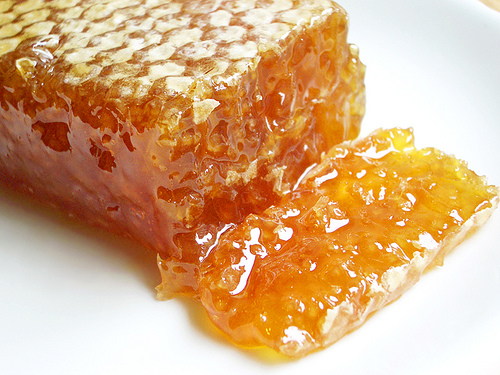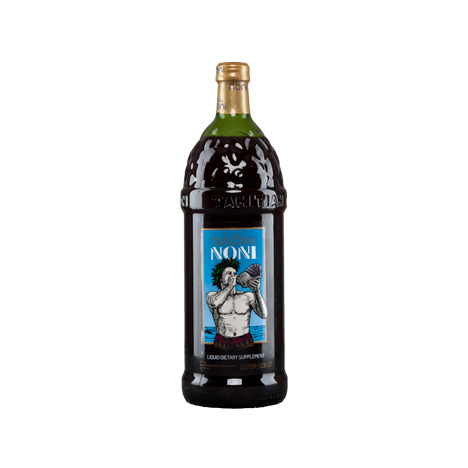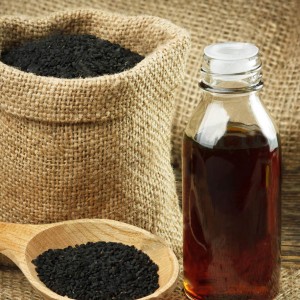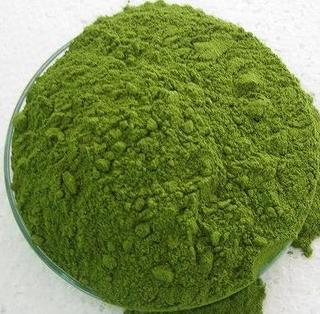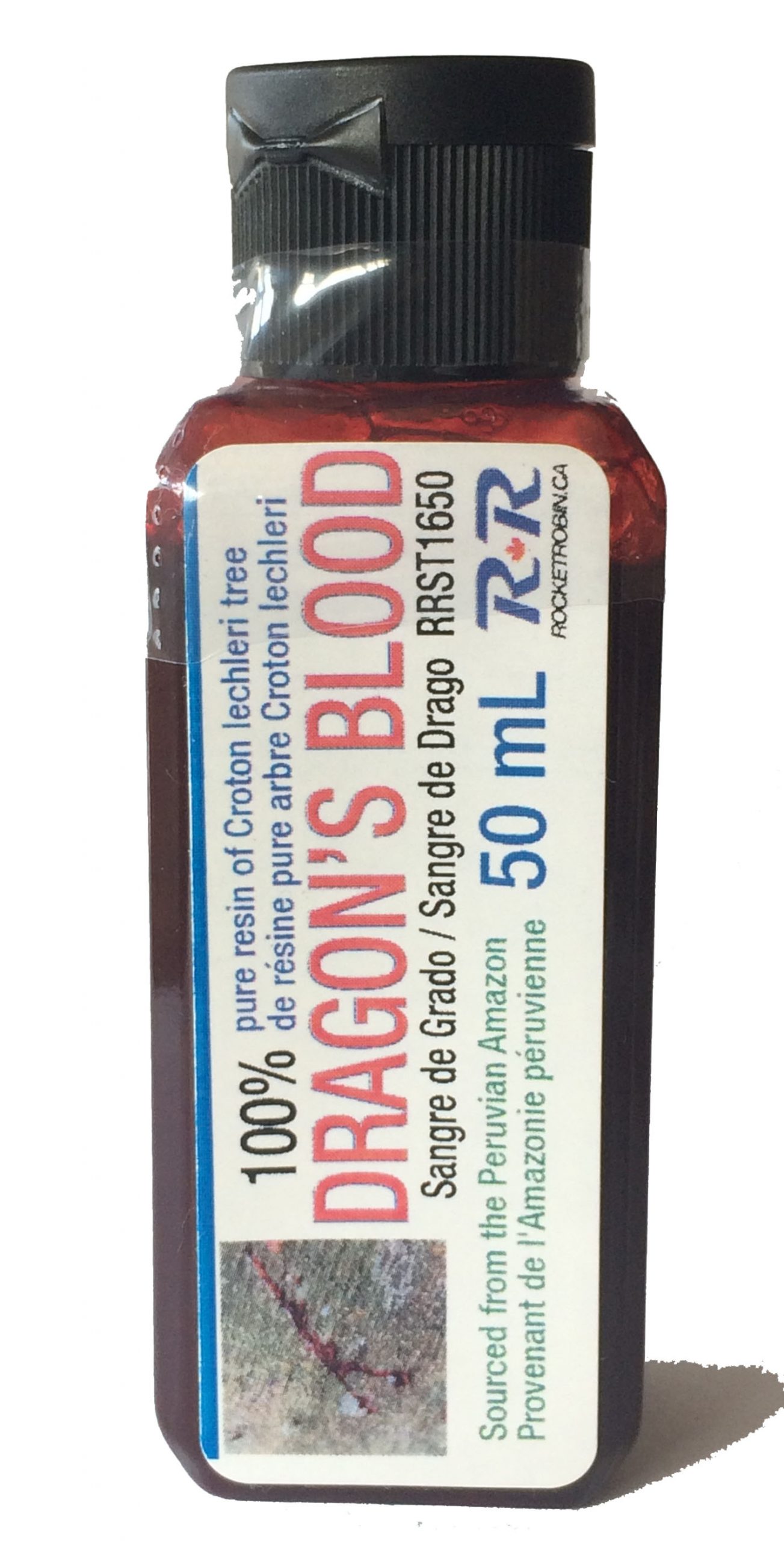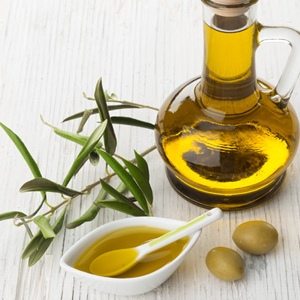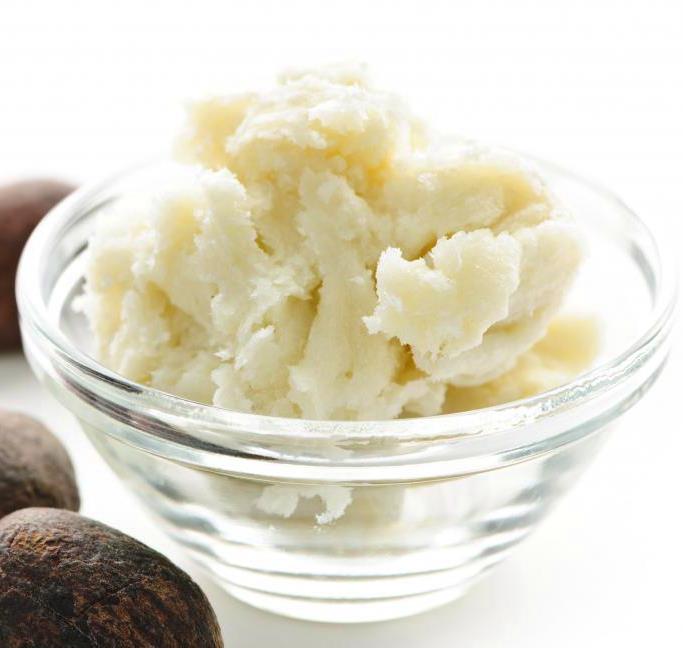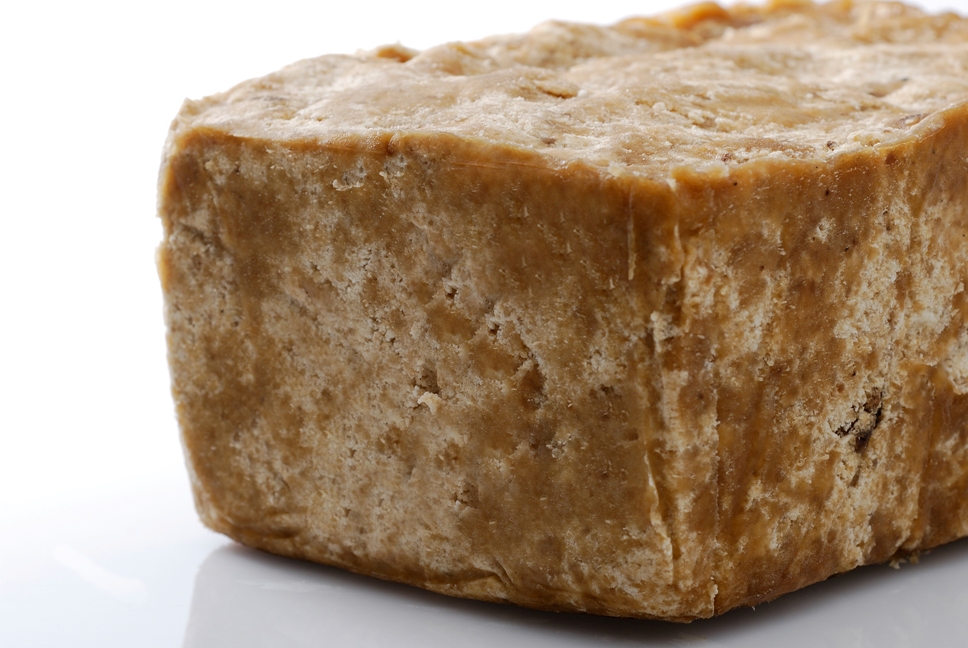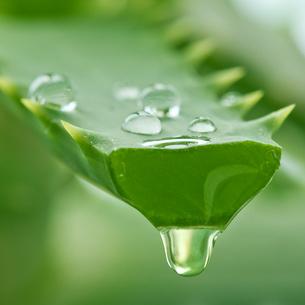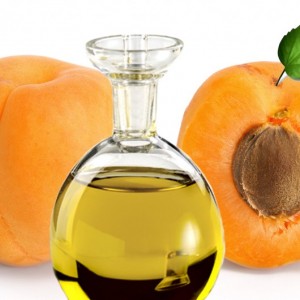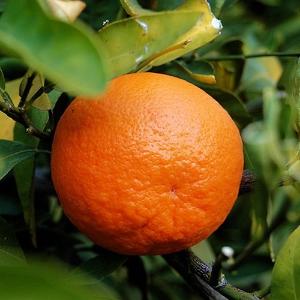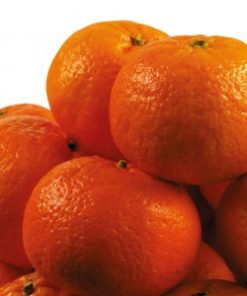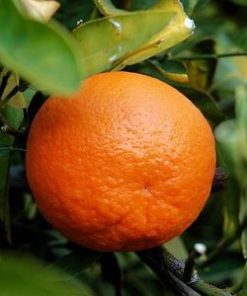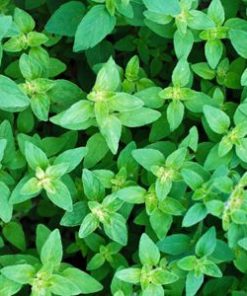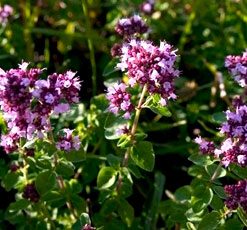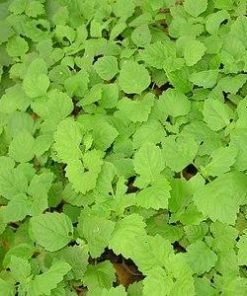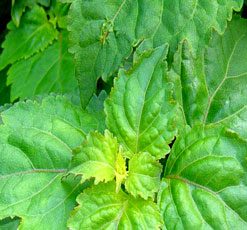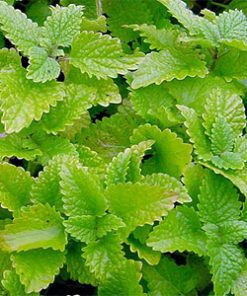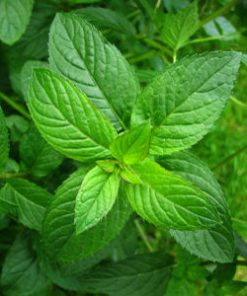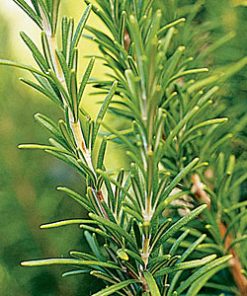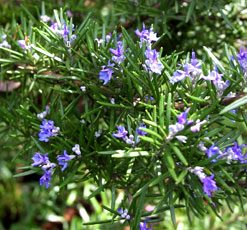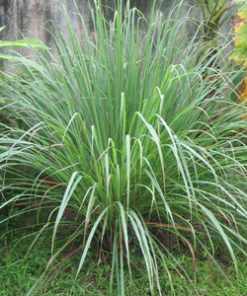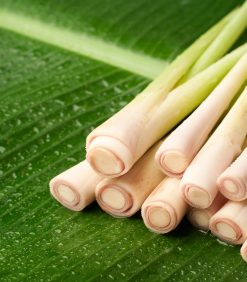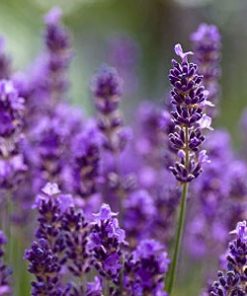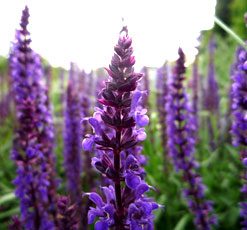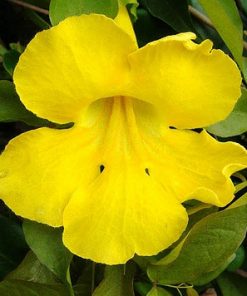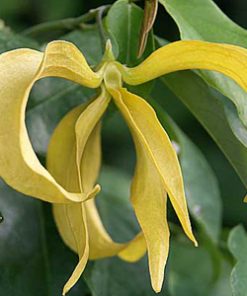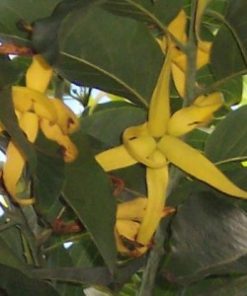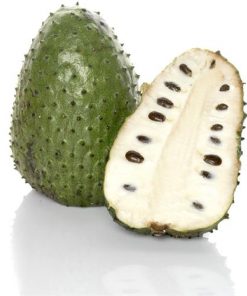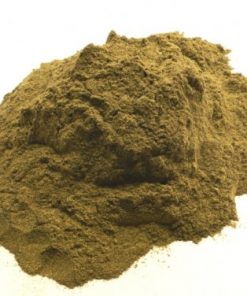Description
Essential Oil Tangerine (15 mL)
Essential Oil Tangerine
Aroma: Fresh, sweet, orange-like
Traditional Use: Mostly used in the fragrance industry. The tangerine is a variety of the mandarin orange. You may sometimes see it on the market as Citrus x tangerine. The oils have similar properties, but different aroma characteristics.
Properties: antiseptic, antispasmodic, cytophylactic, depurative, sedative, stomachic and tonic substance.
How to Use: Inhalation, Diffusion, Topical.
Blends well with: Bergamot, Clary Sage, Frankincense, Geranium, Grapefruit, Lavender, Lemon, Wild Orange, and Roman Chamomile essential oils. Depending on your uses for this oil, substitutes may include: Wild Orange, Lime, Grapefruit, or Ylang Ylang essential oils.
Safety: Avoid while pregnant. Not intended for internal use.
HISTORY OF USE
The tangerine (Citrus tangerina) is an orange-coloured citrus fruit that is closely related to, or possibly a type of, mandarin orange (Citrus reticulata).
The name was first used for fruit coming from Tangier, Morocco, described as a mandarin variety. Under the Tanaka classification system, Citrus tangerina is considered a separate species. Under the Swingle system, tangerines are considered to be a group of mandarin (C. reticulata) varieties. While tangerines genetically resemble mandarins, the genetics are still not thoroughly studied. The term is currently applied to any reddish-orange mandarin (and, in some jurisdictions, mandarin-like hybrids, including some tangors, but the term “tangerine” may yet acquire a definite genetic meaning.)
Tangerines are smaller and less rounded than common oranges. The taste is considered less sour, as well as sweeter and stronger, than that of an orange. A ripe tangerine is firm to slightly soft, heavy for its size, and pebbly-skinned with no deep grooves, as well as orange in colour. The peel is very thin, with very little bitter white mesocarp, which makes them usually easier to peel and to split into segments. All of these traits are shared by mandarins generally.
This is yet another essential oil from a citrus fruit. You might be familiar with “tangerines”, and when you study about essential oils of mandarin oranges, you will find that tangerines are almost identical to mandarin oranges, with the exception that it is has a deeper orange color, lacks pips, and is harvested in a different time of the year than mandarin oranges.
Mandarin and Tangerine have very similar properties and are often interchanged; however, there are some differences in chemistry.
Mandarin essential oil contains esters while tangerine does not. Mandarin oil also has greater alcohol content. And Mandarin is steam distilled from the leaves, not the rind!
Tangerine contains 85-93% limonene. Limonene is found in citrus oils.
HEALTH BENEFITS
What Is Tangerine Oil?
Tangerine (Citrus tangerina) belongs to the mandarin orange family, which are both members of the citrus family. They have very similar taste and properties, the reason why they are often interchanged. But horticulturists can easily distinguish one from another. Compared to mandarin’s light colored skin, tangerine’s skin has a darker reddish-orange hue, and while mandarin skin has a smooth texture, tangerine has a thick, bumpy skin.
Tangerine oil comes from the fruit’s outer peel and has a warm, fresh, and citrusy aroma. Because of its sweet, tangy scent and calming effect, it’s a perfect fit for any early morning ritual.
Uses of Tangerine Oil
Tangerine oil is known for its anti-fungal and antiseptic properties, making it a popular ingredient of skin care formulas. It’s a great remedy for acne and skin impurities. Tangerine essential oil also works for hair because of its antiseptic properties, and helps treat dandruff, dry scalp, and other hair infections.
It also has cytophylactic properties and aids in restoring damaged tissues in the body. It helps reduces the appearance of scars and stretch marks.
Because of its zesty aroma, tangerine oil is also used in lotions and perfumes.
Composition of Tangerine Oil
The main chemical components of tangerine oil are a-pinene, myrcene, limonene, y-terpinene, citronellal, linalool, neral, neryl acetate, geranul acetate, geraniol, thymol, and carvone.
Benefits of Tangerine Oil
Tangerine oil is more than just a simple essential oil. It has wide array of health benefits, such as:
- Calming effect – It works as a relaxing agent by soothing agitated nerves. It also reduces tension as well as emotional imbalances. It also works as a sedative by relieving anxiety, depression, and nervousness. It also promotes healthy sleep.
- Blood purifier – The depurative property of the oil purifies the blood by excreting unwanted toxic compounds such as uric acid, excessive salt, and pollutants. Toxins are released from the body through sweat, urination, and excretion.4
- Controls spasms – It has a strong antispasmodic property and acts as a relaxant to relieve the muscles and nerves from spasm.
- Weight loss – When applied topically as a massage oil, it helps fight against cellulite. It also helps speed up your metabolism by keeping the stomach in good condition. Tangerine oil helps with the circulation and balance of digestive juices in the stomach.5
Caution: NEVER USE INTERNALLY without consulting professional medical help
- Not recommended for pregnant women and infants.
Individuals with serious and chronic health issues should consult an expert prior to using oils.
TRUST ROCKET ROBIN
Rocket Robin is proud to be your supplier of truly natural products with simple ingredients in support of your family’s health and well-being.
Additional information
| Weight | 0.1 kg |
|---|---|
| Dimensions | 10 × 10 × 1 cm |

